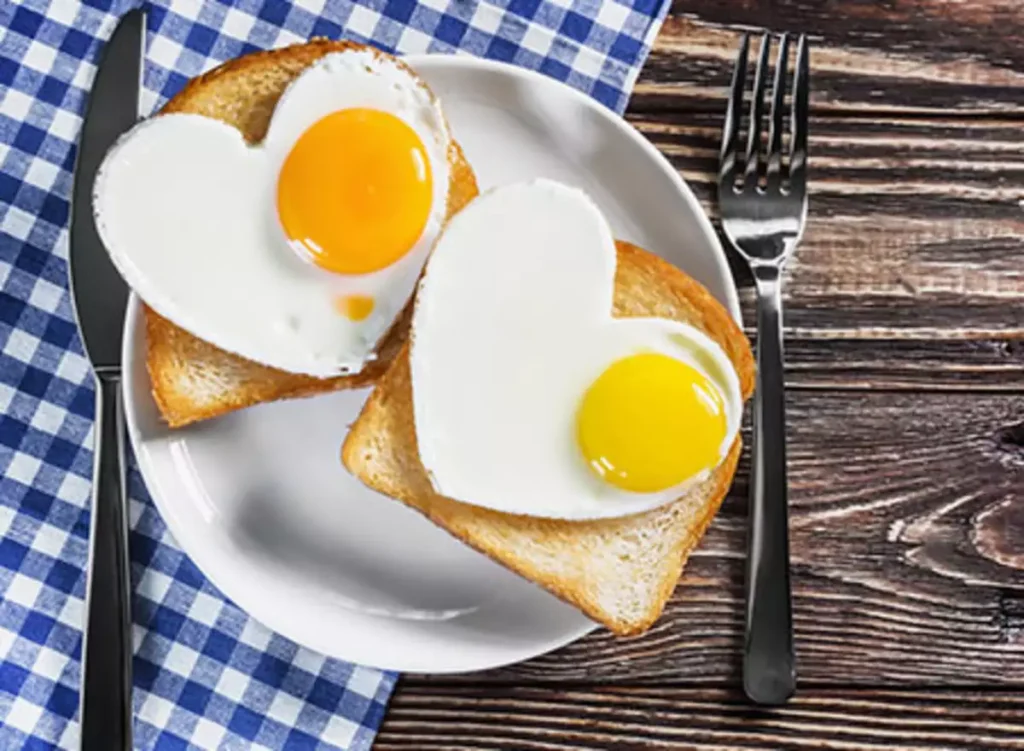When it comes to culinary essentials, few ingredients are as versatile and universally beloved as the humble egg. Eggs are a staple in diets worldwide, celebrated for their nutritional value, versatility in cooking, and their role as a fundamental ingredient in countless recipes. However, not all eggs are created equal, and discerning the best egg for your culinary needs can elevate your dishes from good to exceptional. This guide delves deep into what makes an egg stand out, how to select the best eggs from a multitude of options, and why quality matters more than you might think.
The Criteria for Quality: What Makes an Egg the Best?
Nutritional Profile and Freshness
The journey to finding the best egg starts with understanding its nutritional profile and freshness. Eggs are a powerhouse of nutrients, offering high-quality protein, essential amino acids, vitamins, and minerals. The freshest eggs not only taste better but also have tighter whites and yolks that hold their shape, making them ideal for poaching and frying. Freshness can be determined by the egg’s sell-by date, but a simple water test can also provide a quick check; fresh eggs sink in water, while older eggs float.
Source and Farming Practices
The source of an egg significantly influences its quality. Eggs from chickens raised in clean, humane conditions, with access to the outdoors and a natural diet, often have superior taste and nutritional content. These are typically labeled as free-range, pasture-raised, or organic. Pasture-raised eggs, in particular, are from chickens that roam freely outdoors, eating a diet rich in plants and insects, which contributes to the darker, richer yolks and higher levels of omega-3 fatty acids and vitamins.
Shell Quality and Color
While the color of an eggshell (ranging from white to brown and even blue or green) does not inherently affect the egg’s quality or taste, the shell’s condition is an indicator of the egg’s freshness and the hen’s health. A strong, intact shell suggests the egg is fresh and has been laid by a healthy chicken. Eggshell quality is influenced by the hen’s diet and living conditions, with calcium-rich diets leading to stronger shells.
The Impact of Egg Quality on Cooking and Baking
Egg quality affects not just the nutritional value but also the performance of eggs in cooking and baking. Higher quality eggs have yolks that are robust and less likely to break, making them ideal for dishes where the egg’s shape and texture are paramount. In baking, the freshness of eggs can influence the structure and rise of baked goods, as fresher eggs provide better leavening.
How to Choose the Best Egg: A Shopper’s Guide
When shopping for eggs, consider the following tips to ensure you’re selecting the highest quality available:
- Look for Certifications: Labels such as “organic,” “pasture-raised,” and “free-range” are indicators of better living conditions for the chickens and potentially higher egg quality.
- Check the Dates: Always check the sell-by or expiration date to ensure freshness.
- Inspect the Eggs: Ensure the eggs are free from cracks and the shells are not overly thin or brittle.
- Consider the Source: Whenever possible, buy eggs from local farmers or markets. This not only supports local agriculture but also typically guarantees fresher and higher-quality eggs.
The Ethical and Environmental Considerations
Choosing the best egg is not solely about taste and nutrition; it’s also an ethical and environmental consideration. Eggs produced under humane conditions are not only better in quality but also reflect a commitment to animal welfare. Environmentally, sustainable farming practices reduce pollution and conserve biodiversity. By opting for eggs from farms that prioritize these values, consumers can support more ethical and sustainable food systems.
Conclusion: The Best Egg for the Discerning Consumer
In conclusion, the quest for the best egg involves a combination of factors, including freshness, nutritional content, farming practices, and ethical considerations. By paying attention to these details, consumers can enjoy eggs that are not only delicious but also responsibly produced. Remember, the best egg is one that aligns with your values, enhances your cooking, and supports sustainable agriculture. As we continue to explore the vast world of culinary delights, let the humble egg be a reminder of the simple yet profound joy of eating well.
